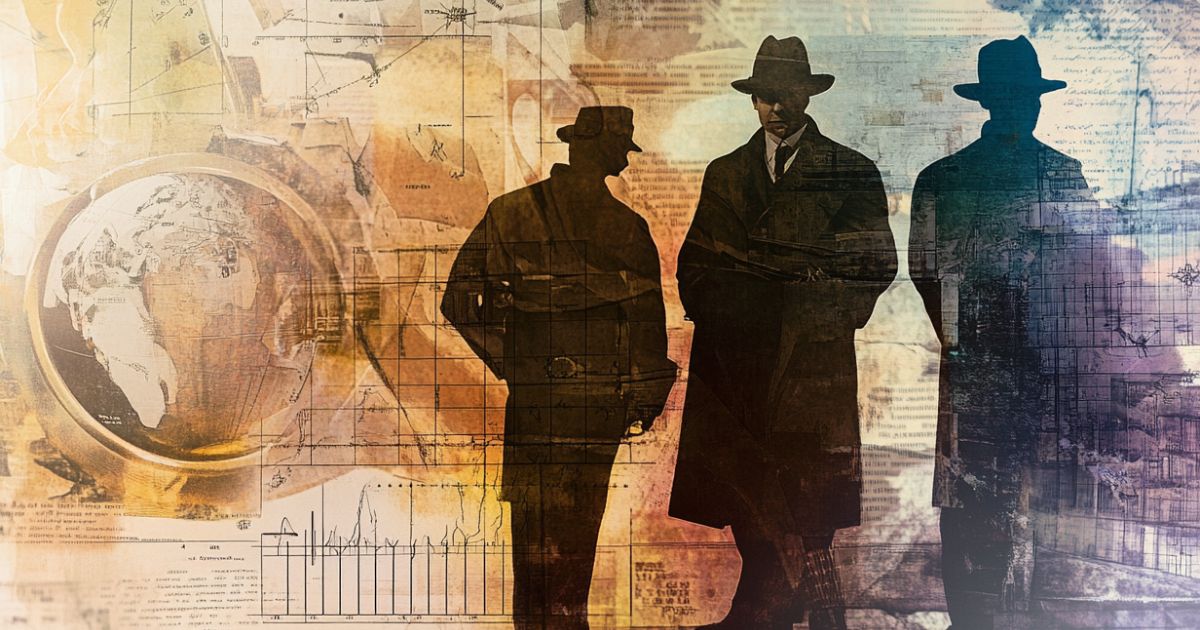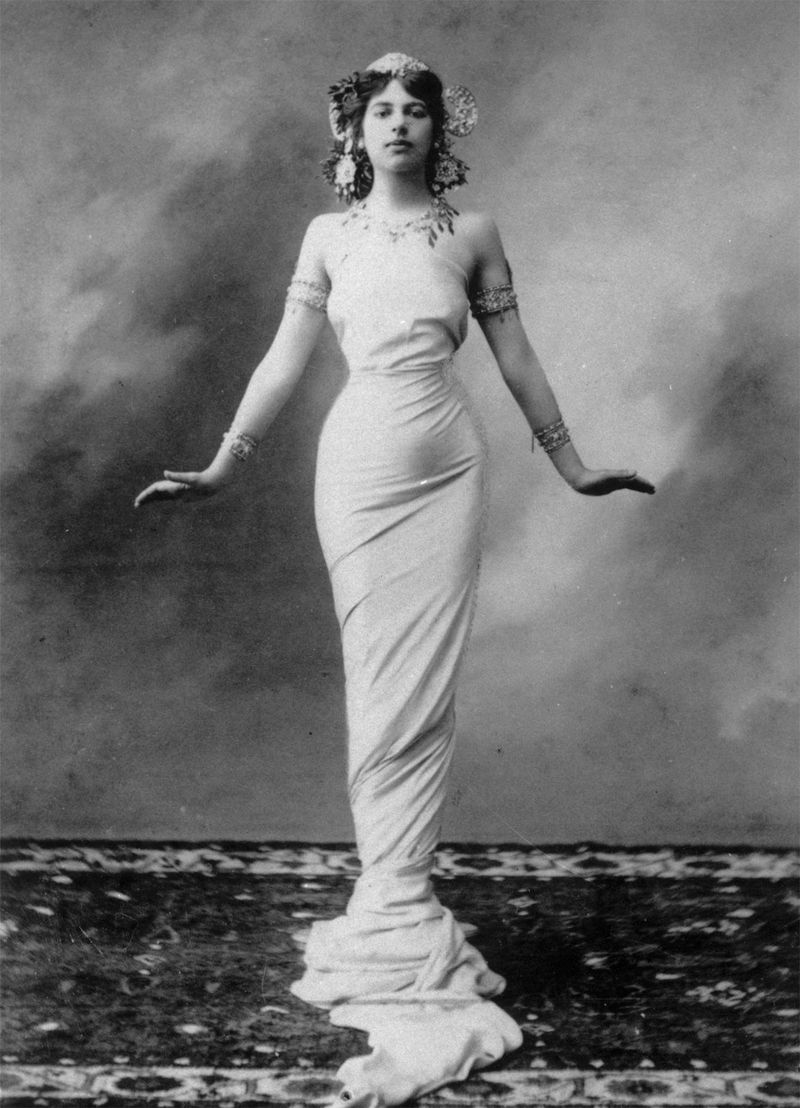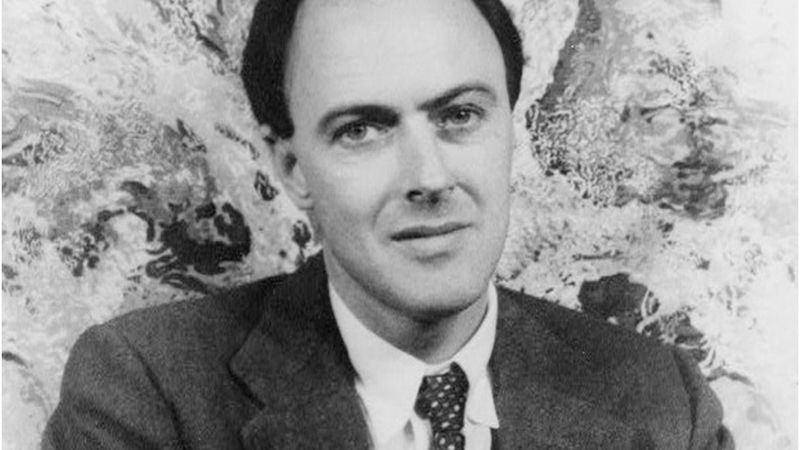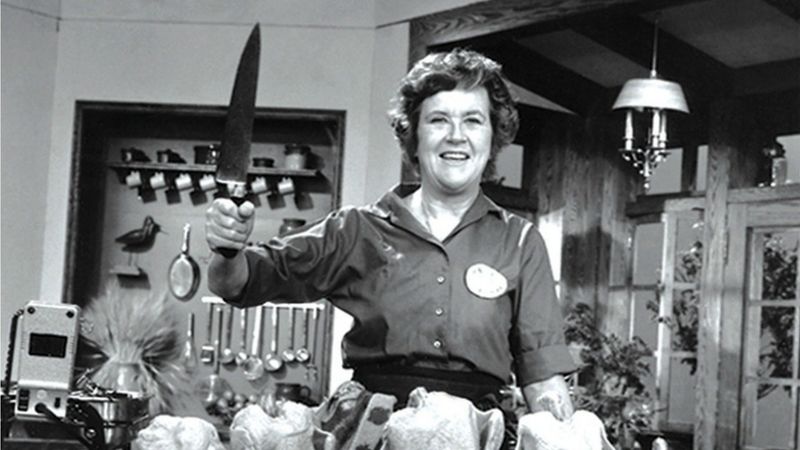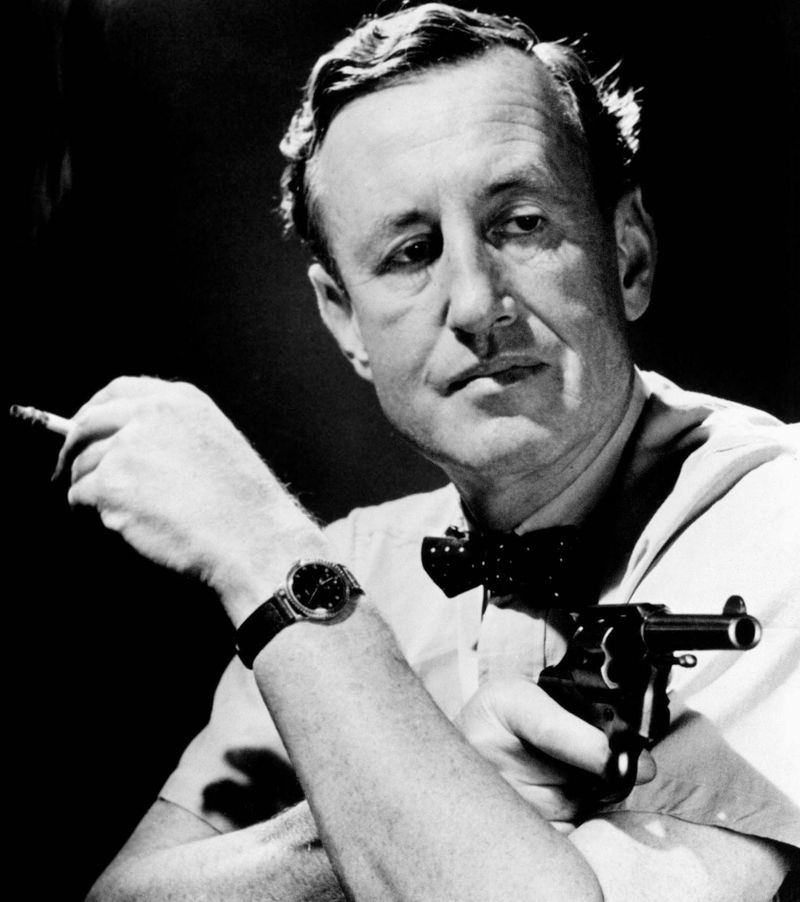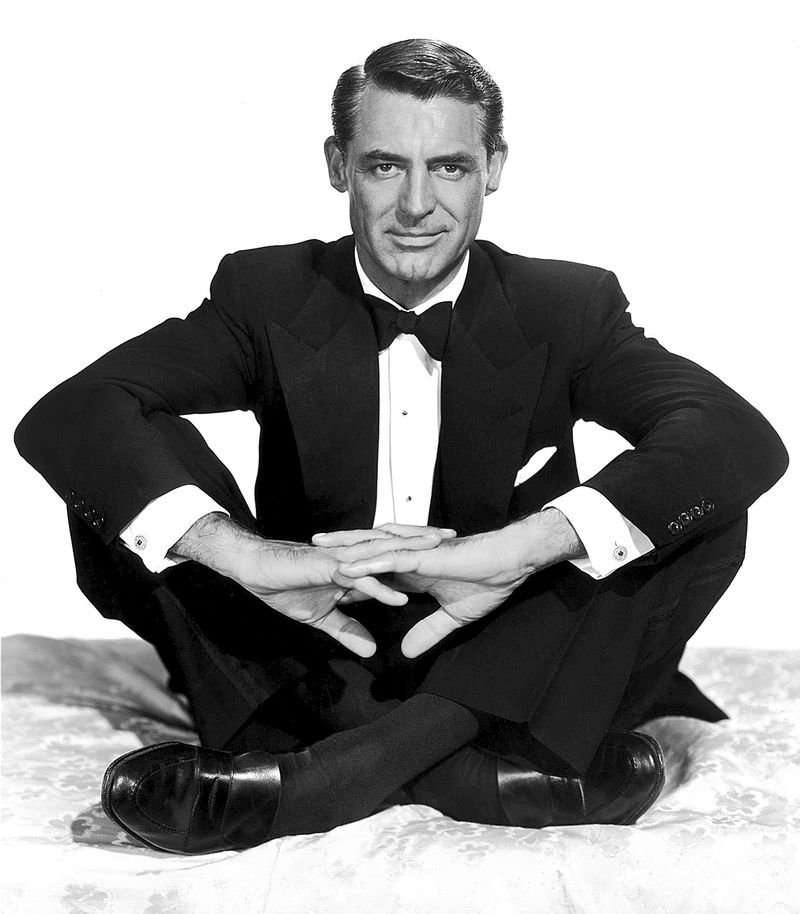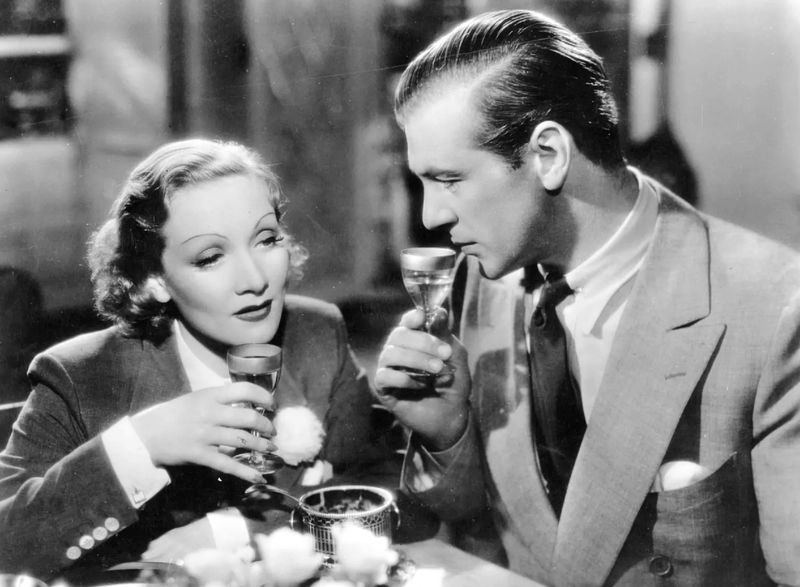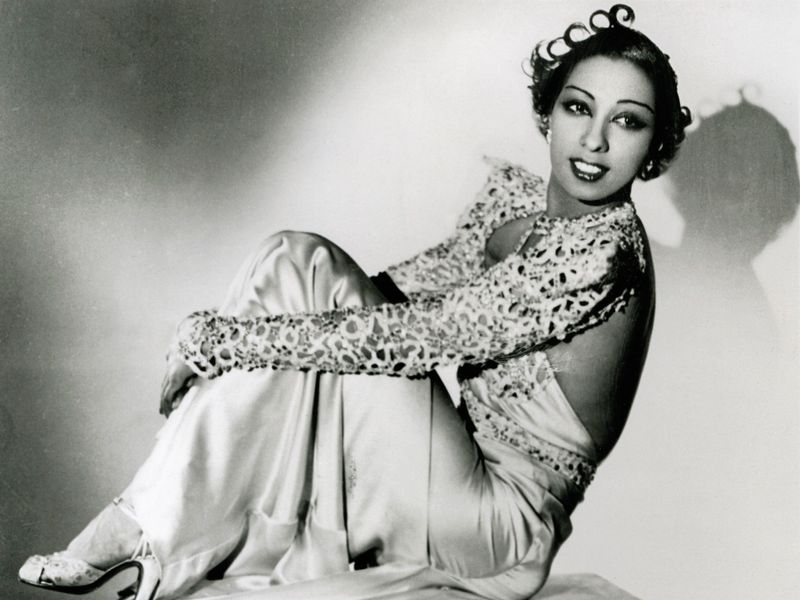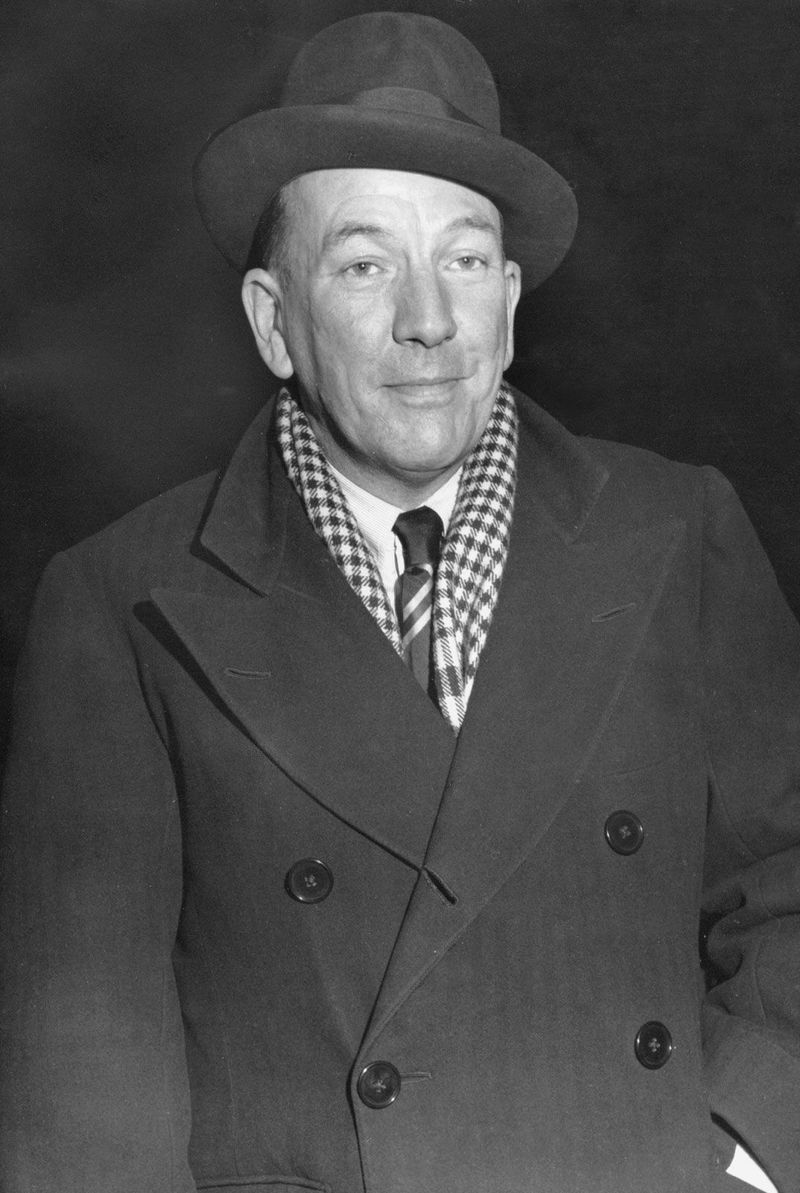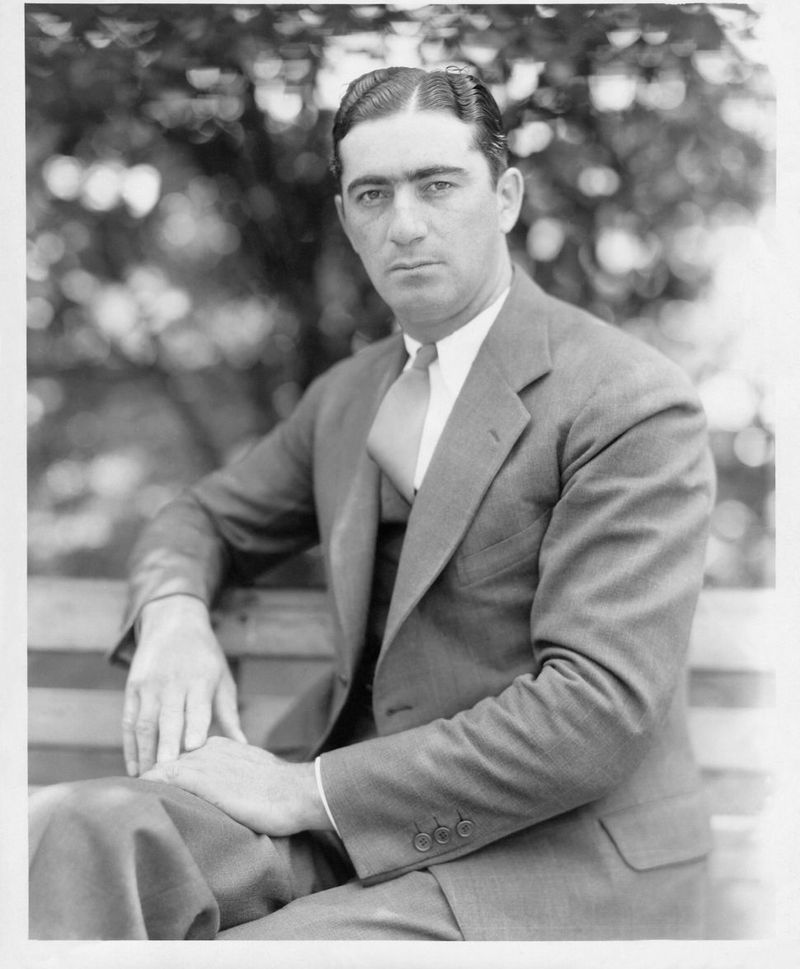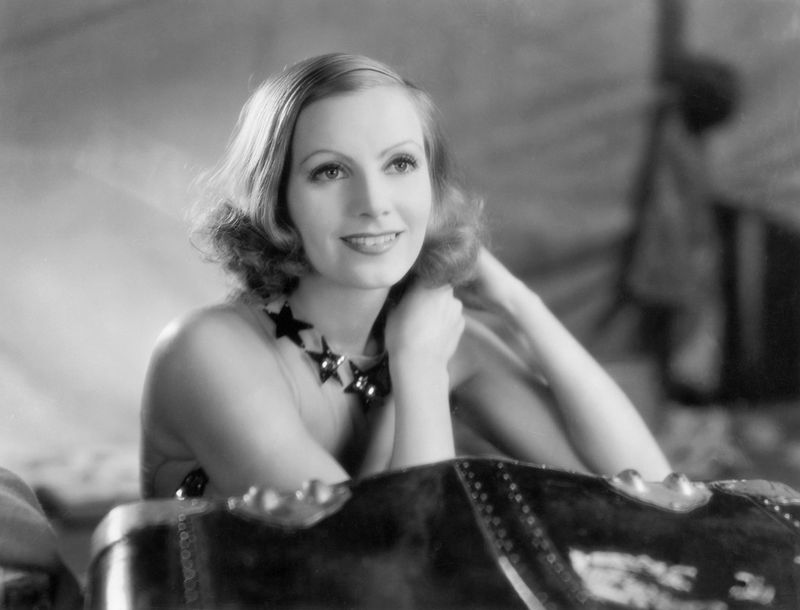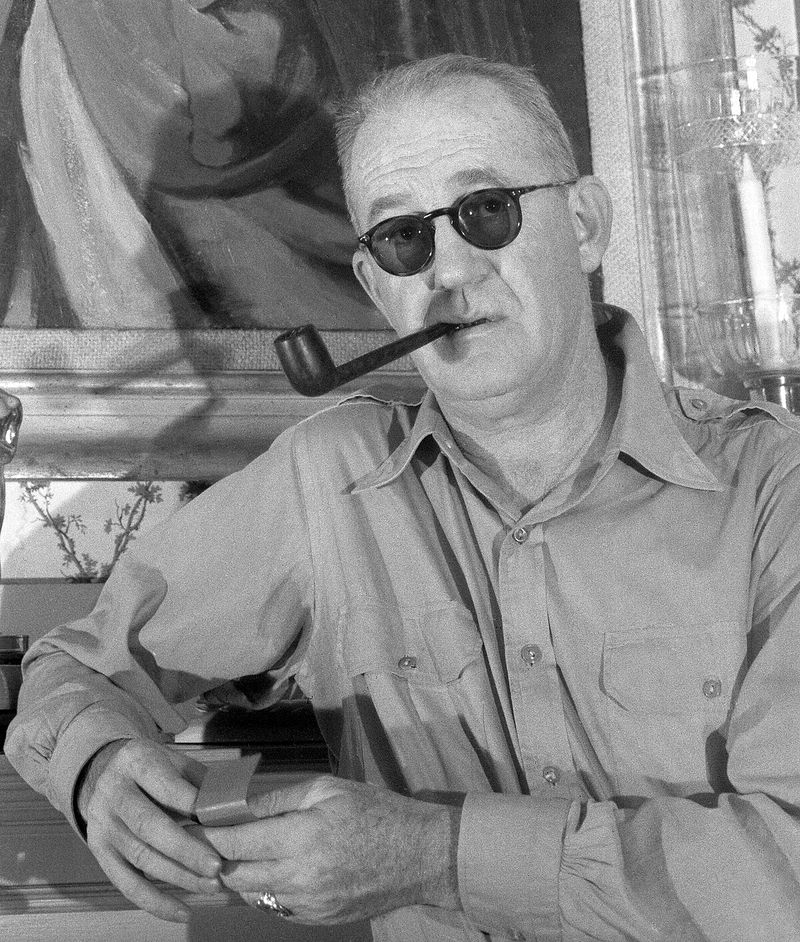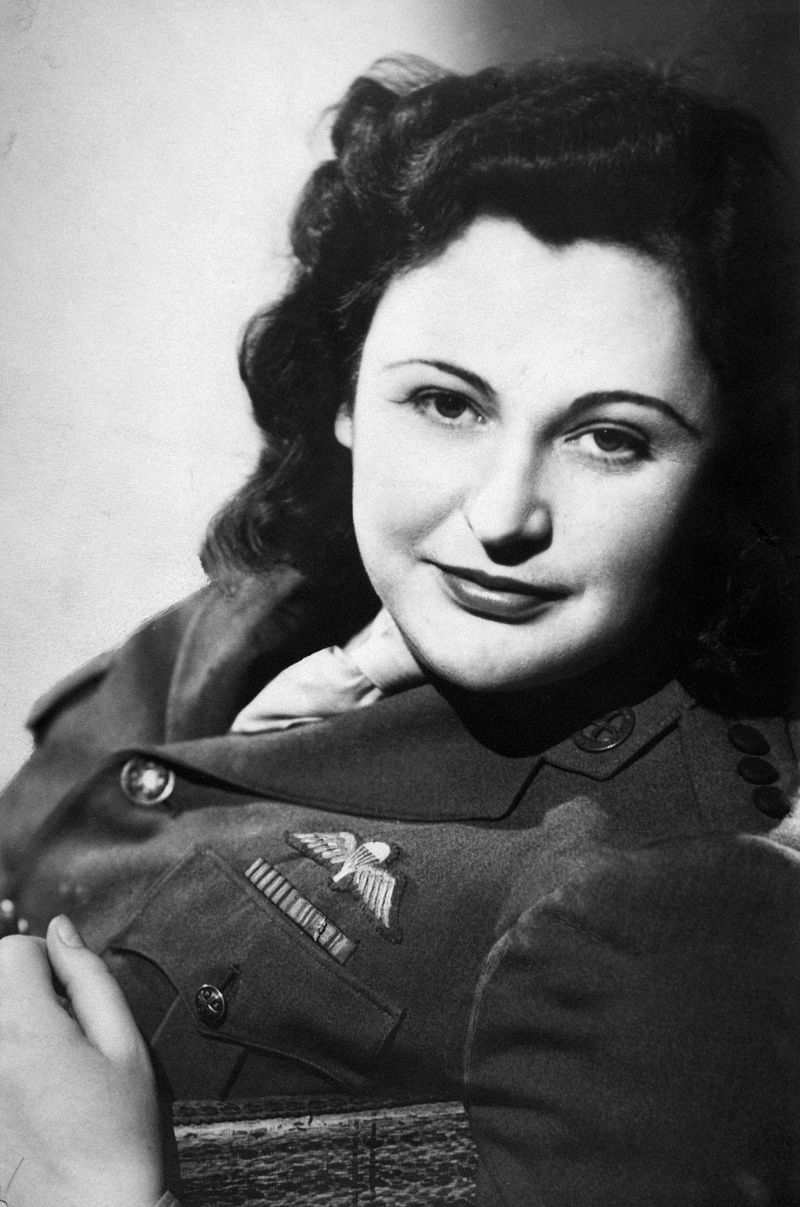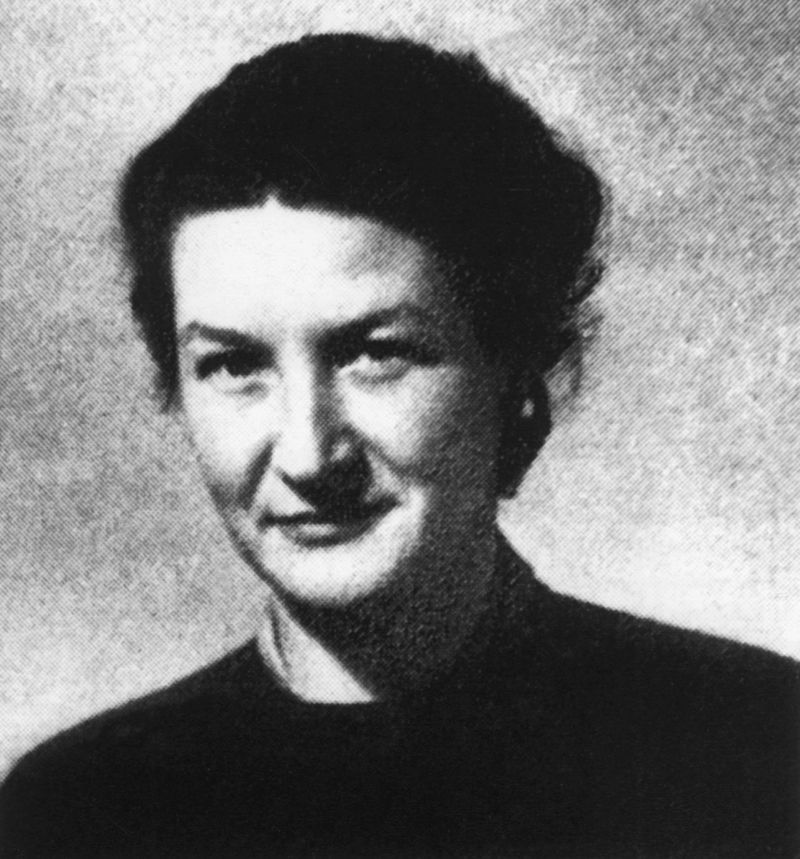Throughout history, espionage has been a critical component of warfare and politics, often involving individuals whose spy activities remain largely unknown to the public.
This blog post explores the intriguing lives of 13 famous people who secretly served as spies. You’ll discover unexpected agents who influenced world events while maintaining their public personas.
Dive into these captivating stories and uncover the hidden side of fame.
1. Mata Hari
Mata Hari, born Margaretha Zelle, was an exotic dancer and courtesan who captivated audiences in early 20th-century Europe. Her charm and allure made her a perfect candidate for espionage during World War I.
Allegedly working for both French and German intelligence, her life became a whirlwind of intrigue.
Despite her fame, her spy activities remain controversial and shrouded in mystery. Some view her as a double agent, while others believe she was merely a scapegoat. Her dramatic life ended tragically when she was executed by the French in 1917.
Mata Hari’s story continues to fascinate as her legacy persists in popular culture.
2. Roald Dahl
Renowned author Roald Dahl was more than just a writer of whimsical tales. During World War II, he served as a British intelligence officer in Washington D.C. His mission was to gather intelligence and sway American opinion in favor of the British war effort.
Dahl’s charm and wit made him an effective spy, enabling him to mingle with influential figures. His experiences during the war later influenced his writing, providing a rich backdrop for his imaginative stories.
Through his dual life, Dahl showed that creativity and espionage could coexist, leaving a legacy of intrigue both on and off the page.
3. Julia Child
Before becoming a culinary icon, Julia Child was involved in espionage during World War II. She worked for the Office of Strategic Services (OSS), the precursor to the CIA, where she helped develop shark repellent for underwater explosives.
Child’s role in intelligence was not glamorous but crucial, reflecting her dedication to the war effort. Her ability to blend into her surroundings made her a valuable asset in various covert operations.
Her time in the OSS broadened her horizons, ultimately leading her to a celebrated career in cooking. Julia’s secretive past adds an unexpected flavor to her beloved persona.
4. Ian Fleming
Ian Fleming, creator of James Bond, was no stranger to espionage. During World War II, he served as a Royal Navy intelligence officer, devising plans and gathering intelligence crucial to the Allied war effort.
His firsthand experience in espionage inspired the thrilling adventures of 007. Fleming’s imagination blended reality with fiction, creating one of the most iconic spy characters in literature and film.
His life as a spy was as captivating as his novels, with real-life missions that mirrored the daring escapades of Bond. Fleming’s legacy endures through his contributions to both literature and history.
5. Cary Grant
Cary Grant, the suave Hollywood icon, was more than a leading man on the silver screen. During World War II, he collaborated with British intelligence to gather information on Nazi sympathizers in the US.
Grant’s charm and connections allowed him access to exclusive circles, making him an ideal spy. His contributions were subtle yet significant, reflecting the complex nature of espionage.
Though primarily remembered for his acting, Grant’s involvement in intelligence adds a layer of intrigue to his legacy. His story reminds us of the hidden depths behind the glamour of Hollywood’s golden age.
6. Marlene Dietrich
Marlene Dietrich, the legendary actress and singer, used her fame to aid the Allied forces during World War II. A native of Germany, she vehemently opposed the Nazi regime and offered her talents to U.S. intelligence.
Dietrich entertained troops and helped distribute anti-Nazi propaganda, using her celebrity status to spread vital information. Her efforts were driven by a deep conviction against tyranny and fascism.
Though celebrated for her artistry, Dietrich’s bravery and dedication to freedom reveal a deeper dimension to her character. Her contributions to the war effort exemplify the power of influence in the fight for justice.
7. Josephine Baker
Josephine Baker, the iconic entertainer, became an unlikely hero during World War II. As a performer in France, she used her celebrity status to gather intelligence for the French Resistance.
Baker smuggled messages and secrets hidden within her sheet music and costumes, using her performances as a cover. Her courage and ingenuity were vital in aiding the fight against Nazi occupation.
Her legacy extends beyond her artistic achievements, highlighting her role as a courageous spy. Josephine’s story is a testament to the power of resilience and creativity in the face of adversity, inspiring generations.
8. Noel Coward
Noel Coward was a celebrated playwright, composer, and actor, but his talents extended beyond the stage. During World War II, he worked for British intelligence, using his social connections to gather information.
Coward’s charm and wit enabled him to move seamlessly among influential circles, making him an effective spy. His espionage activities were subtle but impactful, reflecting his commitment to the war effort.
Though known for his theatrical contributions, Coward’s clandestine role in intelligence showcases another facet of his remarkable career. His story exemplifies the unexpected ways in which art and espionage intersect.
9. Moe Berg
Moe Berg was a professional baseball player with a secret life. During World War II, he served as a spy for the Office of Strategic Services (OSS), gathering intelligence in Europe.
Berg’s linguistic skills and intellect made him a valuable asset in covert operations. His missions included assessing Germany’s progress in developing atomic weapons, a task of immense importance.
While Berg’s baseball career was noteworthy, his contributions as a spy were significant and often overshadowed by his athletic achievements. His story illustrates the unexpected paths that lead to heroism, blending sportsmanship with espionage.
10. Greta Garbo
Greta Garbo, the enigmatic film star, played a secret role during World War II. Though retired from acting, she offered her services to British intelligence, using her connections to gather information on Nazi sympathizers.
Garbo’s allure and mystique allowed her access to high-profile individuals, making her an effective spy. Her efforts were driven by a sense of duty and a desire to contribute to the war effort.
Her legacy as a screen icon is complemented by her quiet courage in the realm of espionage. Garbo’s story adds a layer of complexity to her public persona, blending fame with fortitude.
11. John Ford
John Ford, the legendary film director, also served his country during World War II. As a U.S. Navy officer, he organized and filmed military operations, creating essential wartime documentaries.
Ford’s filmmaking skills contributed to intelligence gathering, providing crucial visual records of battles and strategies. His unique perspective offered insights that were both artistic and informative.
Though celebrated for his cinematic achievements, Ford’s wartime contributions reveal a deeper commitment to patriotism and history. His dual role as a filmmaker and intelligence officer highlights the power of storytelling in shaping our understanding of war.
12. Nancy Wake
Nancy Wake, known as the “White Mouse,” was a fearless leader in the French Resistance during World War II. Her espionage activities involved gathering intelligence, coordinating guerrilla operations, and helping Allied airmen escape.
Wake’s bravery and resourcefulness made her one of the most decorated women in the war. Her ability to evade capture earned her a legendary reputation among her peers and adversaries alike.
Her story is one of resilience and courage, highlighting the vital role of women in espionage. Nancy Wake’s legacy continues to inspire as a symbol of relentless determination in the fight for freedom.
13. Virginia Hall
Virginia Hall, the “Limping Lady,” was a remarkable spy for the Allies during World War II. Despite her prosthetic leg, she conducted espionage missions in Nazi-occupied France, gathering critical intelligence.
Hall’s courage and ingenuity were instrumental in supporting resistance efforts, helping to organize sabotage operations and escape routes. Her ability to adapt and persevere under dire conditions set her apart.
Her legacy as a pioneering intelligence officer showcases the power of determination and adaptability. Virginia Hall’s story underscores the impact of individual bravery in the broader context of wartime espionage, leaving an indelible mark on history.
